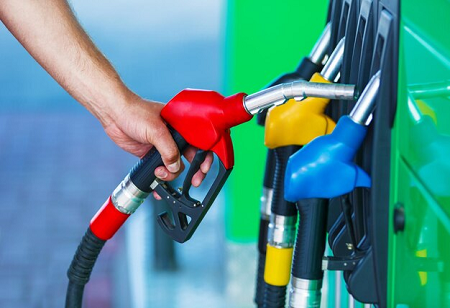
Indonesia's intention to boost its biodiesel mandate beginning January 1, which has raised fears that it may limit global palm oil supplies, appears to be implemented gradually, analysts said, as industry participants want a phase-in period.
Indonesia, the world's largest producer and exporter of palm oil, intends to increase the necessary proportion of palm oil in biodiesel to 40% - known as B40 - from 35%, a strategy that has caused a spike in palm futures and may further pressure prices in 2025.
The plan is scheduled to be fully launched in the new year, according to the government of President Prabowo Subianto. However, industry observers predict that due to financial constraints and technological difficulties, the plan will likely be partially implemented before being fully adopted throughout the vast archipelago.
Ernest Gunawan, secretary general of the biofuel producers association APROBI, was present when fuel merchants asked for a two-month transition time during a meeting with government representatives and biodiesel producers last week. According to the sources.
The government has yet to provide producers with allocations to sell to gasoline retailers, something that usually happens by this time of year, according to APROBI, whose members manufacture fatty acid methyl ester (FAME) from palm oil to be blended with diesel fuel.
Financing the higher blend may also prove difficult for the government because palm oil is currently about $400 more expensive per metric ton than crude oil. Such gaps are filled by Indonesia using the money collected from palm oil export taxes, which are overseen by BPDPKS.
We use cookies to ensure you get the best experience on our website. Read more...